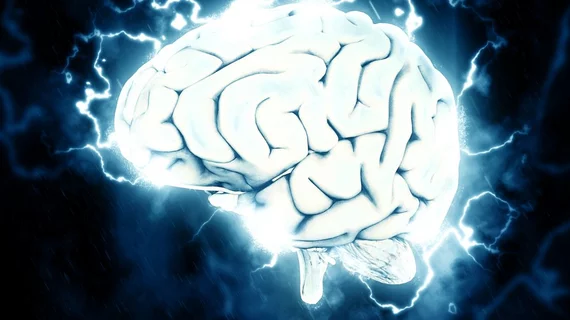NIH study to use neuroimaging to study brain development, cognition
The National Institutes of Health (NIH) announced the enrollment completion of its Adolescent Brain Cognitive Development (ABCD) Study which will employ neuroimaging to observe brain development in more than 11,800 children—2,100 of whom are multiples.
Managed by the National Institute on Drug Abuse and the National Institute on Alcohol Abuse and Alcoholism, the study will assess children during adolescence and track their social, behavioral, physical and environmental factors that may affect brain development. The participants will be followed “through young adulthood.” The study will be conducted at 21 research sites throughout the country.
“The ABCD Study is a landmark study on brain development and child health that will increase understanding of environmental, social, genetic, and other biological factors that affect brain and cognitive development and can enhance or disrupt a young person’s life trajectory,” read a prepared statement issued by the NIH.
The study data will also be anonymized so that (1) scientists not part of the original study can analyze the data and form their own questions for the investigators and (2) ABCD researchers and non-ABCD investigators can access the data for their own, unrelated research pursuits.
Data from the first 4,500 study participants who are enrolled in the study will be released this month. Data from the complete cohort will be available in early 2019, according to the statement.

